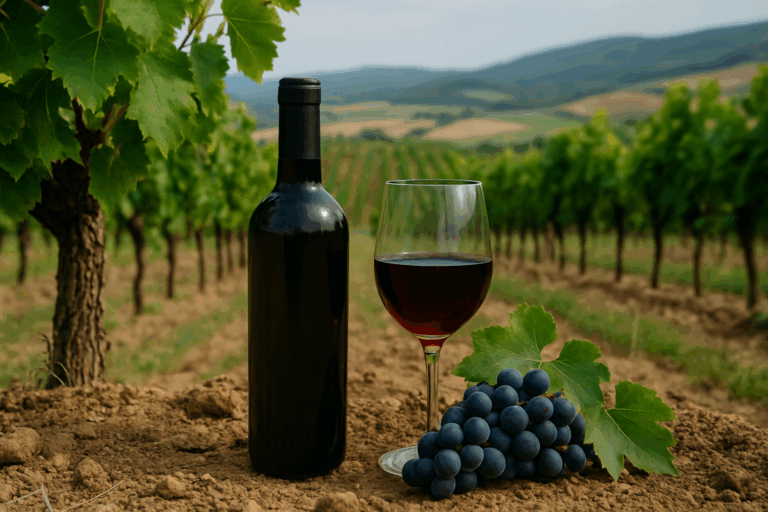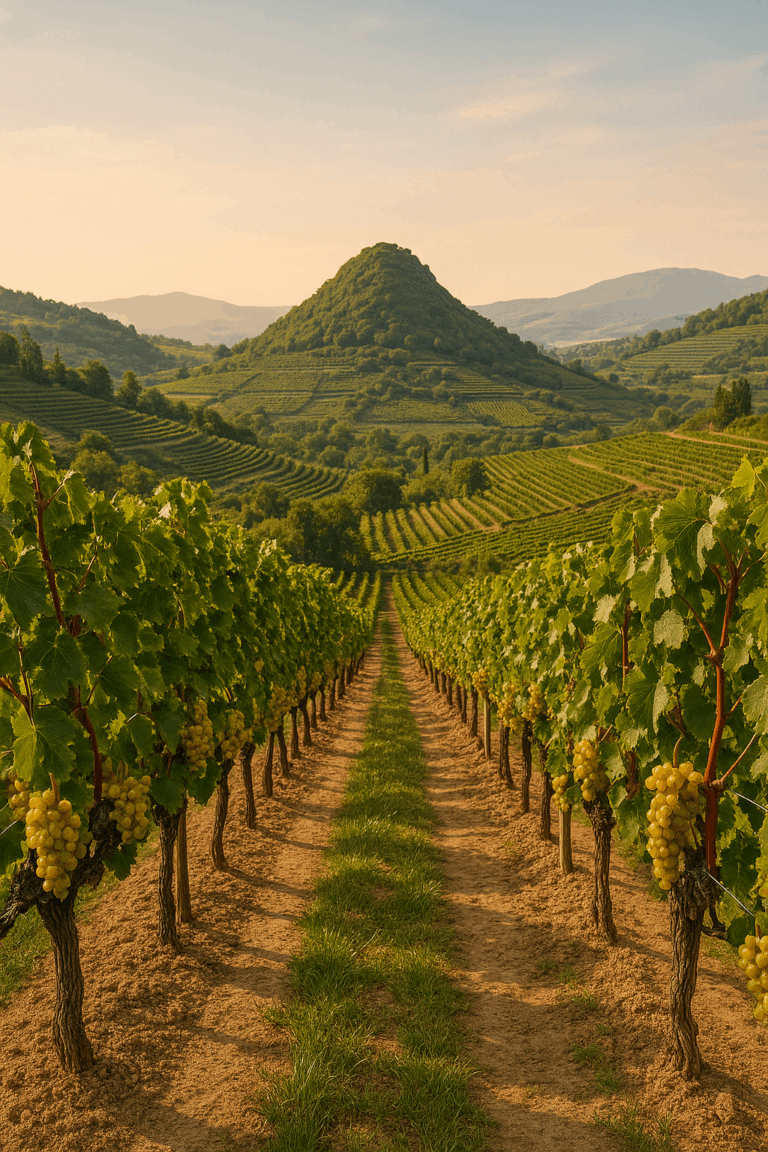Natural, Organic, and Biodynamic Wines Explained
In recent years, there has been a growing interest in wines that are not only delicious but also more transparent, sustainable, and aligned with nature. Terms like natural, organic, and biodynamic appear more frequently on wine labels but what do they really mean? Are they just marketing buzzwords, or do they reflect meaningful differences in how wine is made?
This guide will explain the core principles of natural, organic, and biodynamic wines, how they differ, and what to expect in the glass.
Why These Categories Matter
These alternative wine-making philosophies respond to a desire for:
- Less chemical intervention
- More expressive terroir
- Healthier farming and soil practices
- Greater transparency in production
They reflect a shift away from industrial wine-making and toward more artisan, eco-conscious approaches.
Let’s break each term down.
What Is Organic Wine?
Organic wine is made from grapes grown without synthetic pesticides, herbicides, or fertilizers. The winemaking process may also be regulated, depending on the country.
Key points:
- Certified by government or third-party organizations (e.g., USDA Organic, EU Organic)
- No chemical additives in the vineyard
- Sulfites may or may not be allowed (depends on local rules)
- Focus on soil health, biodiversity, and environmental sustainability
What to expect in the glass:
- Clean, fruit-forward expressions of the grape
- Often more vibrant and fresh
- Minimal industrial manipulation
Note: In the U.S., wines labeled “organic wine” must have no added sulfites, while “made with organic grapes” may include sulfites.
What Is Biodynamic Wine?
Biodynamic wine comes from vineyards farmed using the biodynamic principles developed by Rudolf Steiner in the 1920s — a blend of organic practices, astrology, and holistic philosophy.
Key practices:
- Follows a biodynamic calendar based on moon and planet cycles
- Uses natural composts and “preparations” like cow horns filled with manure
- Encourages biodiversity — animals, cover crops, and closed-loop farming
- Certified by organizations like Demeter or Biodyvin
In the winery:
- Minimal processing
- Native yeasts preferred
- Often fermented in concrete or old oak with little to no filtration
What to expect in the glass:
- Wines with strong terroir expression
- Often complex, earthy, and vibrant
- Can be unpredictable — but often compelling
What Is Natural Wine?
Natural wine is not legally defined but refers to wines made with as little intervention as possible, both in the vineyard and the cellar.
Core characteristics:
- Grapes grown organically or biodynamically
- Native yeast fermentation (no commercial yeasts)
- No additives (acids, sugars, enzymes, coloring agents)
- Little to no filtration or fining
- Low or no added sulfites
Natural wine is about letting the wine make itself, expressing the grape, place, and vintage without manipulation.
What to expect in the glass:
- Can be cloudy, funky, or wild in flavor
- High variation between bottles and vintages
- Often lower in alcohol, very fresh, or slightly sparkling (pét-nat)
Note: Not all natural wines are labeled as such and not all are pleasant. The style is polarizing but fascinating for adventurous drinkers.
Key Differences Summary
| Category | Farming Practices | Winemaking Intervention | Certification Available | Sulfite Policy |
|---|---|---|---|---|
| Organic | No synthetic chemicals | May vary | Yes (e.g., USDA, EU) | Varies by country |
| Biodynamic | Organic + spiritual | Minimal | Yes (Demeter, Biodyvin) | Usually allowed in moderation |
| Natural | Organic or biodynamic | Minimal to none | No universal standard | Often low or none |
Should You Drink These Wines?
These wines may appeal to you if you:
- Care about sustainability and ethical agriculture
- Want to avoid excessive additives or chemicals
- Enjoy wines that reflect place and process over perfection
- Appreciate variation, surprise, and complexity
However, if you prefer consistency, polished flavors, and stability, you may prefer traditionally made wines.
Choosing What Aligns With Your Values
Natural, organic, and biodynamic wines aren’t just trends they represent a return to intentional, mindful winemaking. They reconnect us with nature, terroir, and tradition, offering experiences that are as much about philosophy as they are about flavor.
Whether you’re curious or committed, trying a few bottles from each category is a great way to expand your wine knowledge and support producers who are working with integrity and care.






